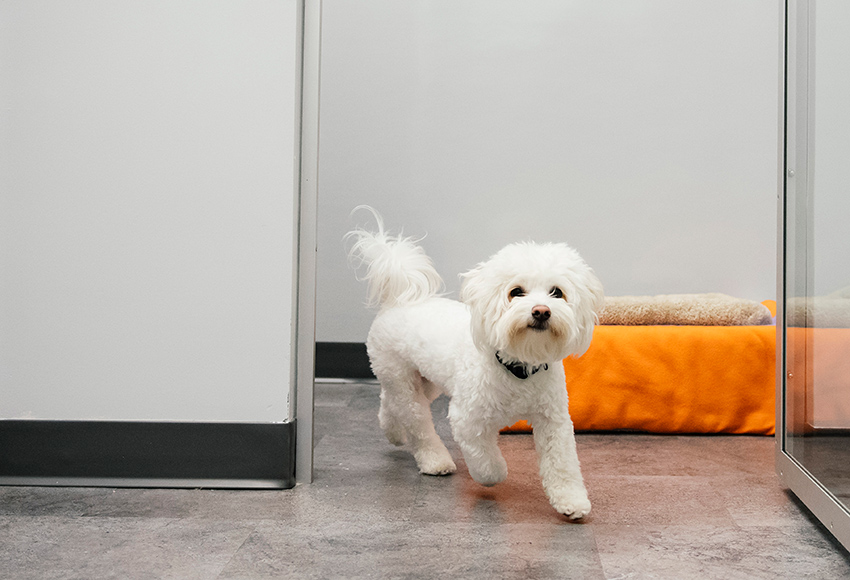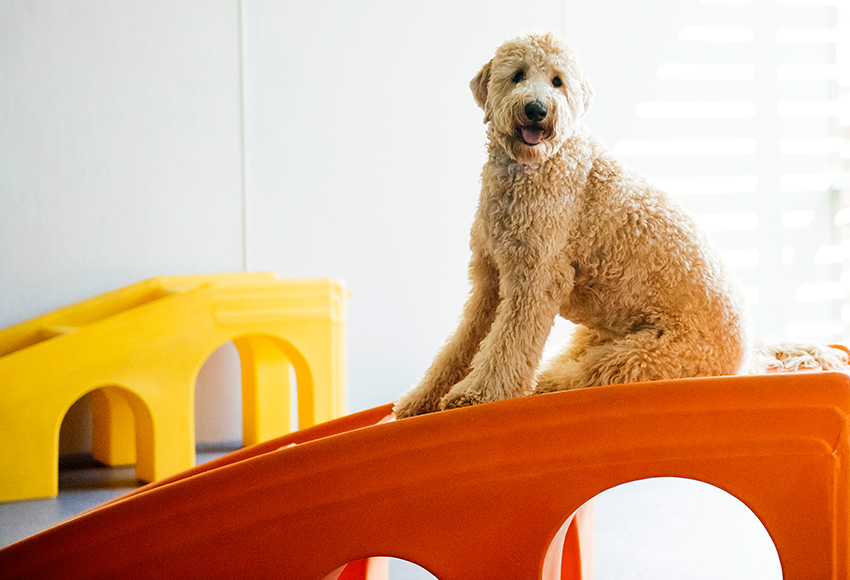Is Daycare Properly Socializing Your Dog?

By: Elizabeth Chim
Socialization seems to be a big buzzword recently in dog training. You hear that socialization is important for the mental well-being of your dog, that you need to start it early, and you need to do every and any kind there is.
Let’s talk about some misconceptions and how you can properly achieve socialization for your dog.
Firstly, socialization is not the same thing as exposure. Exposing your dog to different experiences and situations is important for them and is definitely a part of socialization. However, just putting your dog in a situation is not always proper socialization. The definition of socialization is:
“the process of learning to behave in a way that is acceptable to society.”
Proper socialization requires structure and feedback. Sometimes you might hear that daycare is not proper socialization but just an exposure experience for your dog. We’ve seen dog trainers voice their concerns that daycare can create or exacerbate behavioural issues. This could be true if it is unstructured. A free for all, if you will. We’ve heard it ourselves from many clients, their dog had a bad experience at the dog park or another daycare and is now scared or reactive.
At Dogtopia, our staff go through extensive training and a certification process. Here are some of the ways that Dogtopia creates proper socialization:
- Open play is supervised at all times by a trained staff member
- There are separate playrooms so that dogs are matched with a group that suits their play style/energy
- Dogs are given praise for polite interactions
- Staff practice basic commands with dogs like sit and stay, and give praise for obedience
- Dogs are given encouragement to play and explore the room when they are new
- Staff play and interact with the dogs to create a positive experience
- Impolite behaviours are redirected and discouraged
- When play gets too rambunctious, it gets de-escalated
- Staff can identify confrontational body language and will intervene
- There are rules in the playroom that dogs must abide by (no mounting, no starting chases, if a dog is resting and doesn’t want to play they should be left alone, etc.)
Make sure your dog is getting the structure, rules, and feedback that is required for proper socialization. Experiences should be positive for your dog but they must also learn what behaviours are right and wrong. When selecting a daycare, make sure this criteria is met.






